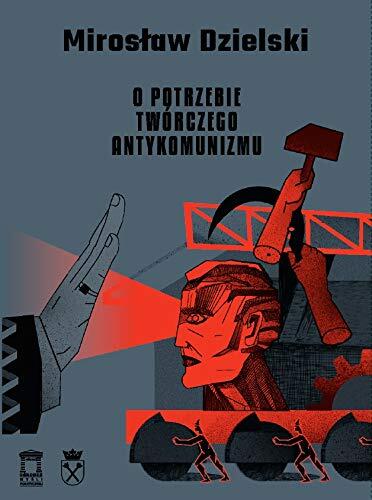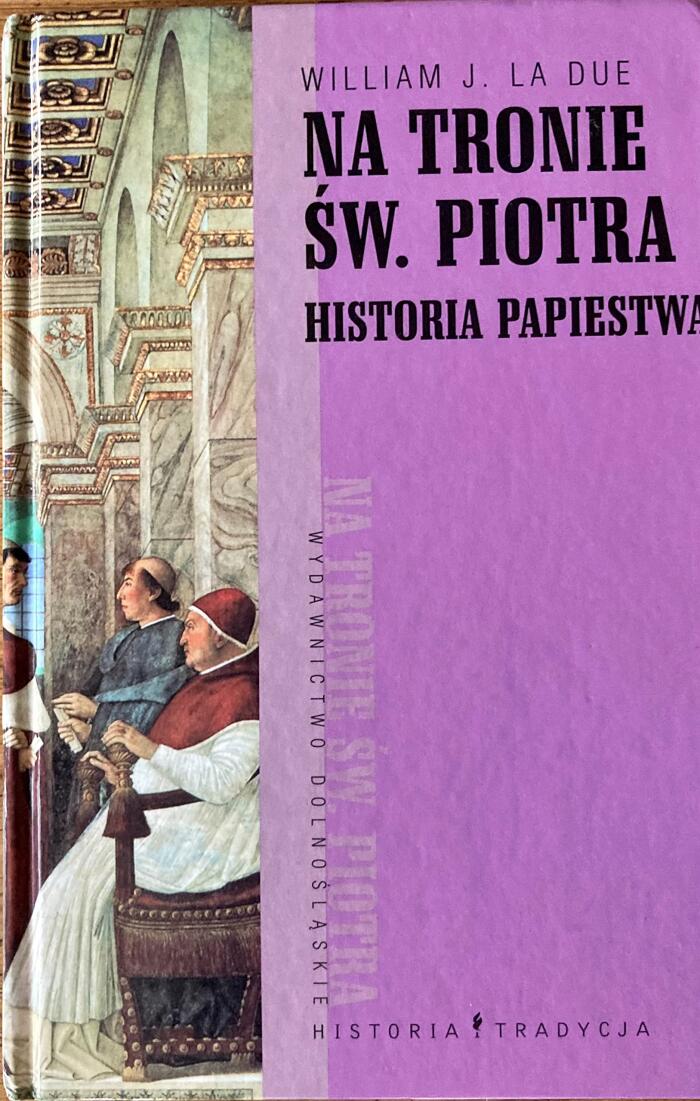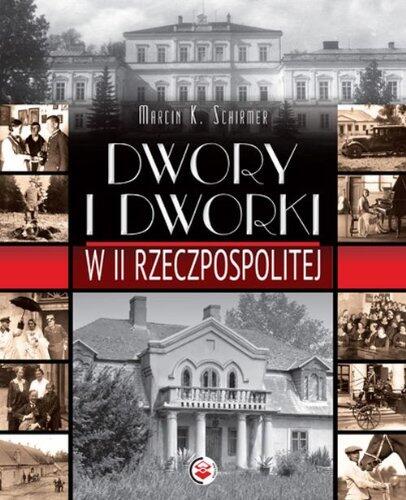
Biskupi w rzeczywistosci politycznej Polski..
توسط
Rafal Latka
هنوز رتبهبندی نشده است
Religion & Spirituality
History
فرمت
جلد نرم
صفحات
367
زبان
لهستانی
منتشر شده
Jan 1, 2020
ناشر
Neriton
نسخه
Wydanie I.
ISBN-10
8366018652
ISBN-13
9788366018655
توضیحات
Rafał Łatka delves into the intricate relationships between the episcopate and the political landscape of Poland. The narrative explores the role of bishops as both spiritual leaders and influential figures within the nation's socio-political framework. Through a detailed analysis, Łatka examines how the Church's moral and ethical stances have shaped public discourse and policy throughout Polish history.
The author draws upon a wealth of historical context and presents a comprehensive discussion on the influence of clerical figures in times of political upheaval. By documenting significant events and decisions, Łatka illustrates the enduring power of the Church in navigating the complex dynamics of governance and society. He offers insightful perspectives on the challenges faced by the episcopate as they balance their religious responsibilities with the demands of political engagement.
As he navigates through different eras, Łatka highlights the evolving nature of this relationship, reflecting on both the cooperative and contentious moments that have defined church-state interactions in Poland. The narrative is enriched by bibliographical references and an index, making it a valuable resource for scholars and anyone interested in the intersections of faith and politics in contemporary Poland.
Overall, the book serves as a compelling study of how religious leaders adapt to and influence the shifting tides of political realities, ultimately providing a nuanced understanding of their role in shaping the nation's identity and governance.
The author draws upon a wealth of historical context and presents a comprehensive discussion on the influence of clerical figures in times of political upheaval. By documenting significant events and decisions, Łatka illustrates the enduring power of the Church in navigating the complex dynamics of governance and society. He offers insightful perspectives on the challenges faced by the episcopate as they balance their religious responsibilities with the demands of political engagement.
As he navigates through different eras, Łatka highlights the evolving nature of this relationship, reflecting on both the cooperative and contentious moments that have defined church-state interactions in Poland. The narrative is enriched by bibliographical references and an index, making it a valuable resource for scholars and anyone interested in the intersections of faith and politics in contemporary Poland.
Overall, the book serves as a compelling study of how religious leaders adapt to and influence the shifting tides of political realities, ultimately providing a nuanced understanding of their role in shaping the nation's identity and governance.
نقدها
هنوز نظری ثبت نشده است
اولین نفری باشید که این کتاب را نقد کرده و نظرات خود را به اشتراک میگذارید
اولین نقد را اضافه کنیدسابقه خواندن
گزارشهای خواندنی یافت نشد
برای مشاهده گزارشها در اینجا، شروع به ردیابی پیشرفت خواندن خود کنید
اضافه کردن اولین سابقه خواندن شمایادداشتها
گزارش تراکنشها
هیچ گزارش تراکنشی یافت نشد
برای مشاهده گزارشها در اینجا، شروع به ردیابی معاملات کتاب خود کنید
اضافه کردن اولین سابقه تراکنش شما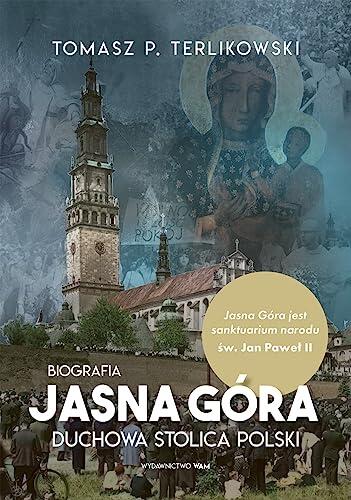

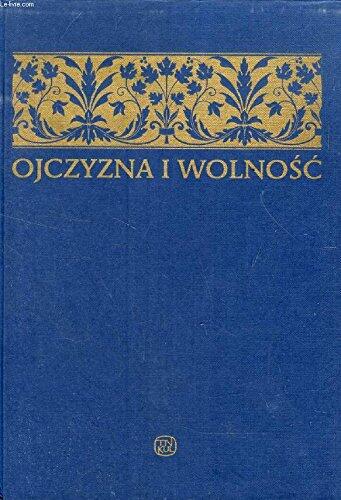


![ChrzeĹcijaĹstwo I Unia Europejska. Rola religii w procesie integracji europejskiej [KSIÄĹťKA]](https://images.bookpine.com/892dd18e-7ff7-47c8-a977-8f9b4efb799a.jpg)
